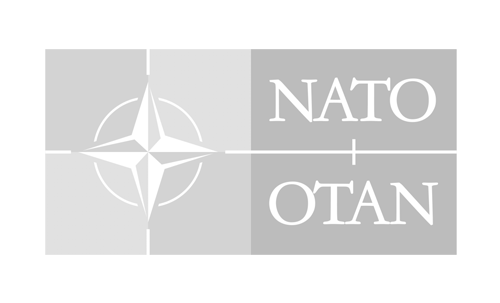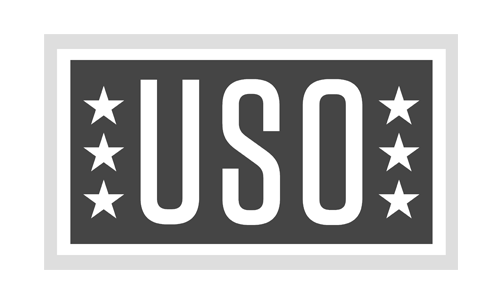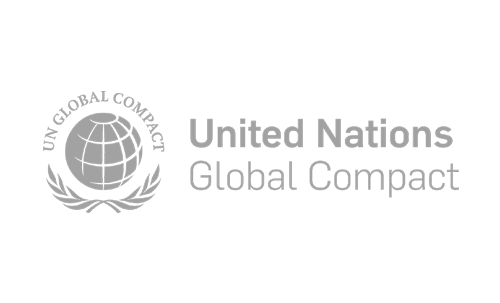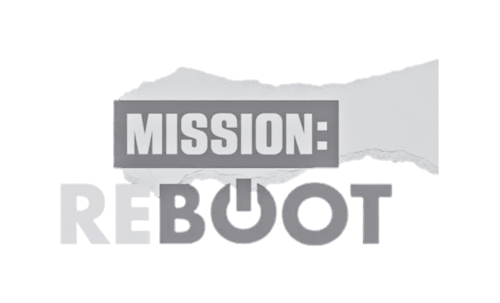
The Purpose of Economics is Flourishing
Sir John Templeton wrote that “freedom fosters the kind of constructive competition that makes progress possible. When the creativity, ingenuity, and competitive efforts of individuals are set free, the results can be progress and prosperity beyond anything ever before imagined.” Sir John was a firm adherent to the philosophy of the “classical liberal” tradition, which emphasizes individual freedom of choice, voluntary association, entrepreneurship, and markets in the ordering of social life. Indeed, over the past several centuries capitalism and free markets, coupled with the rule of law and basic government protections have generated huge advancements in society, lifting countless millions out of poverty, growing the global middle-class, and contributing to the creation and adoption of new technologies.
These beliefs and observations are at the core of the foundation’s new Economics and Human Flourishing priority area. We are supporting conceptual and empirical research to examine how markets, innovations, and entrepreneurship can help secure ever greater levels of human flourishing for all people. Importantly, we are also interested in understanding how and when the ideals of classical liberalism and free markets fail to live up to their promise.
It is an understatement to say that we are living in a time of change. In the past several years we have seen a once-in-a-century pandemic, the most violent land war in Europe in fifty years, and the highest atmospheric C02 levels since humans diverged from neanderthals 800,000 years ago. Against this background of rapid change, economics must also answer new questions. Free markets and entrepreneurship have been powerful economic engines in the modern era, but the new challenges we see technologically, politically, and socially today call for a reexamination and update of economics and its theories.
Simply put, we can no longer rely solely on economic research and policy generated decades if not centuries ago to solve the urgent issues of the contemporary world. Developments in technology, demographics, and social systems require asking new questions. Does the gig economy change the “theory of the firm” as the storehouse of know-how and entrepreneurial activity? What does the rise of bitcoin portend for state-backed currency systems? And what do all these technological and political changes mean for people living in low- and middle-income countries?
Yet even as we are faced with these urgent questions, economic research more often than not becomes mired in contemporary political battles, or worse a kind of backward-looking score-settling, rather than seeking to understand and improve theory. We aim to change this. While the study of economics at times focuses on abstractions and high-level policy interventions, when it engages with the concrete functioning and needs of local markets and communities, it can be a force for good.
How Does Our Approach Work?
The core of this priority is a unique, “champions-based” grantmaking model. Rather than simply supporting the same economic research that has been failing in recent decades, we began this process by interviewing the leading thinkers in the field of economics and assembling a team of champions from around the world, not just elite research universities. We have assembled and empowered a global group of champions who individually identify the most promising teams of researchers. With this recommendation, we plan to award grants to about twelve teams each year....to keep reading this blog, please click here for the full post on The Templeton World Charity Foundation website.
TAGS: Templeton Universe, Stories of Impact, Stories of Impact Podcast




























